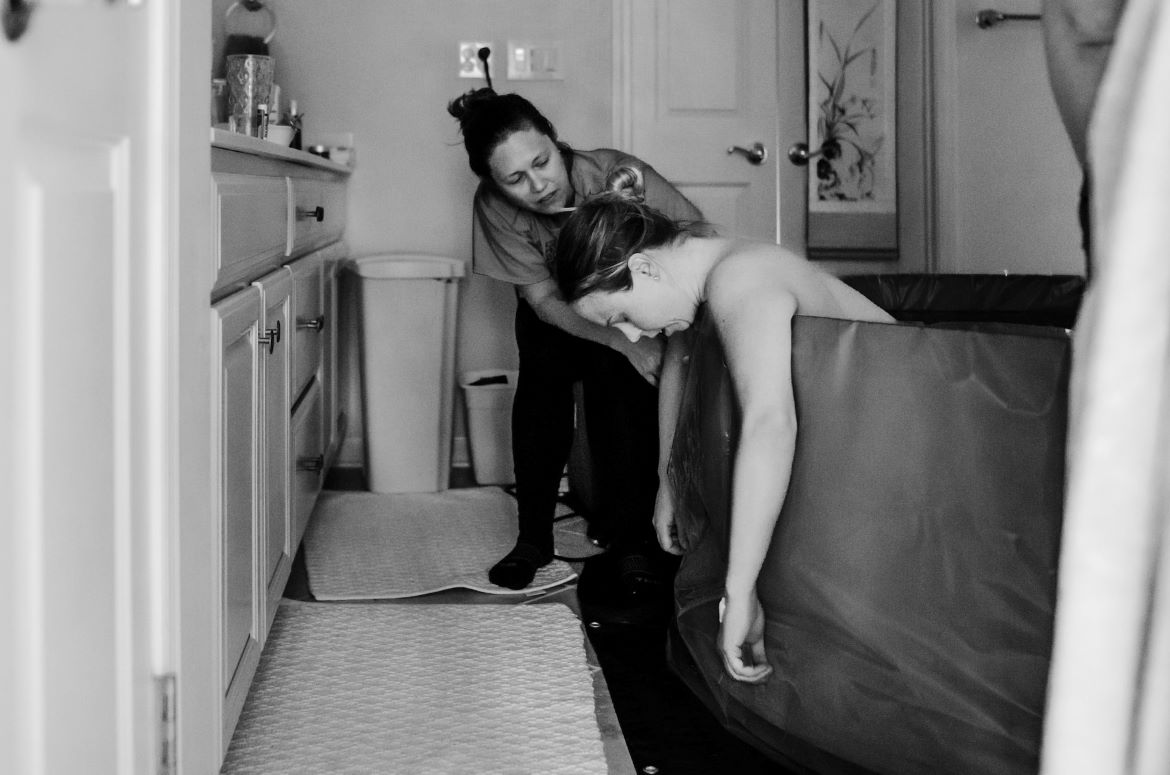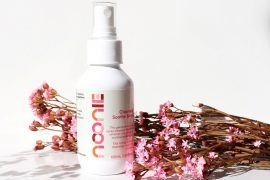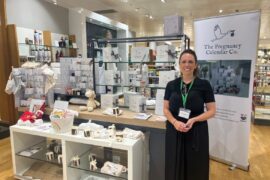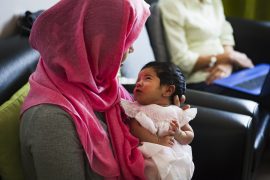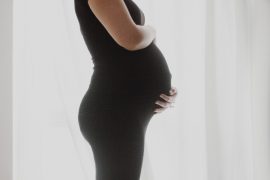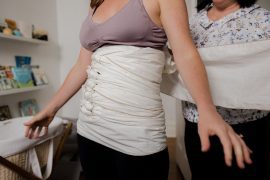By Philippa Scott
The act of giving birth; from the outside, one would be forgiven for thinking that this is a natural, normal function of women. However, whilst that should be true, there are currents running under the surface, currents to do with power and control, ethics, morality, and values, and of course, economics and politics.
If taking a geopolitical approach to birth, birth has become territorial, with many different stakeholders laying claim (McKinnon 2016). Traditionally birth took place at home, with the care of a wise woman, a midwife. As medicine began to gain in popularity, a shift occurred in the power and knowledge relationship, which saw medicine claim the expertise in birth (Newnham 2014). Birth moved to hospital settings for the purpose of educating medical personnel, not for safety reasons, and it has never left; indeed, it is so firmly ensconced there that other alternatives are highly regulated and criticised (Newnham 2024). When seen through the lens of a feminist, we can see how the macro, the actions and policies of the state, lobby groups, and big pharma, influence the micro, the place and domain of birth (McKinnon 2016). Birth and its impact on society are linked. How a woman experiences birth has a direct impact on the health of mother and baby, postnatal depression rates, bonding, breastfeeding, and maternal confidence (ibid).
How a woman experiences birth has a direct impact on the health of mother and baby, postnatal depression rates, bonding, breastfeeding, and maternal confidence
The question of how ethical it is to remove choice, practise coercion and control over women and their births ties into freedom and rights. Andel (2020) discusses the ethics of the state restricting homebirth with three main focuses. First the state’s obligation to provide adequate birthing choices; rather than restricting choice under the guise of ‘best interests’ of the mother and baby, which assumes that the birthing mother is without morals in her decision-making. Secondly, social control over pregnancy and mothering, the social standards imposed to achieve a mothering ideal. Don’t put on too much weight, keep a perfect home, go back to work, be at home with your baby, have a natural birth but do as you’re told or you’re risking the baby, have a caesarean to protect your vagina. Argh! Removing choice marginalises those that would choose it and eliminates their personal agency. Thirdly, Andal speaks of the personal nature of risk values and a woman’s right to decide on her own. When birthplace is seen as a choice between right and wrong it places a moral judgement that doesn’t belong. It calls into question the birthing mothers’ competence, ideals, suitability, and values.
The media is a source of public education, and how it reports on homebirth vs hospital birth shines a light on the political and power aspects associated with birth. When a stillbirth occurs in a hospital setting, as it often does, nothing is said. Yet when a baby is stillborn at a home birth, there is significant media attention and judgement, punishing the birthing family and those that provide care (McKinnon 2012). This is a form of social control, the consequence of going outside the accepted norms of society. Andal (2020) refers to Kukla’s notion of the ‘unruly mother’ and her potential to divide, create chaos and influence others. Change would inevitably happen to our system if mothers felt empowered to make choices, challenging and ultimately compromising the state and medical dominance that creates an industry out of birth.
The media is a source of public education, and how it reports on homebirth vs hospital birth shines a light on the political and power aspects associated with birth.
Place of birth isn’t about good or bad, right or wrong. Birthplace is about the right of every woman to have autonomy and agency, the freedom to choose and to be viewed as a competent individual. Anything less than access to all options is an attempt to control and dominate the birthing mother. You get to choose.
References:
Andal, AG 2020, ‘Politics of birth places: examining the ethics of birth place choices’, JAHR (Rijeka), vol. 11, no. 1, pp. 61-82.
McKinnon, K 2016, ‘The geopolitics of birth’, Area (London 1969), vol. 48, no. 3, pp. 285-291.
Newnham, EC 2014, ‘Birth control: Power/knowledge in the politics of birth’, Health sociology review, vol. 23, no. 3, pp. 254-268.
Pippa is a mother of 4 daughters, a TRTP Practitioner, a Birth Trauma specialist and a Doula of over 19 years. She is passionate about mothers and families having a healthy mindset around pregnancy, birth and parenting. Mums are the heart of the household! How we feel matters! Having been a Doula for almost 20 years, she has experienced many ways to support families. All of Fantastic Futures‘ services are designed to make the preparation and parenting journey happier, healthier and more nurtured.

